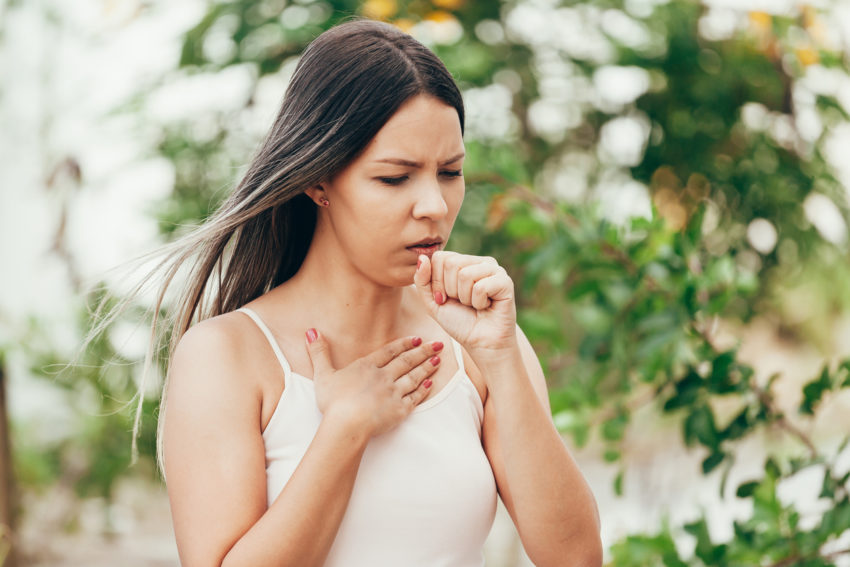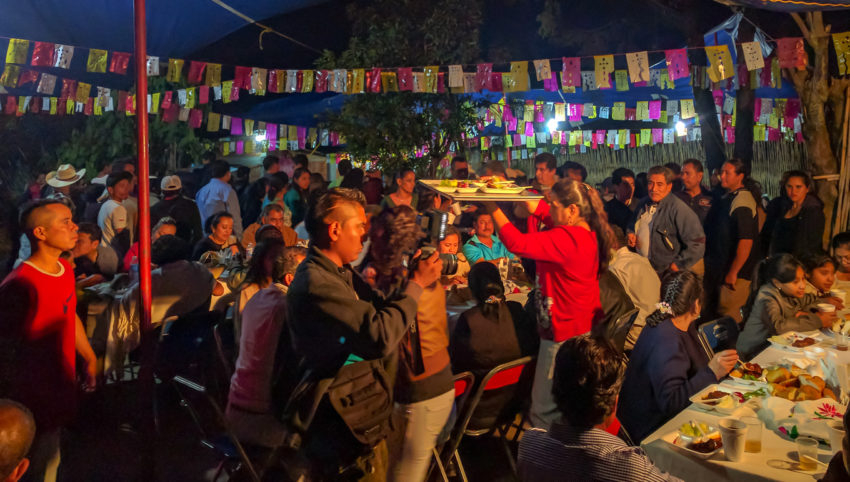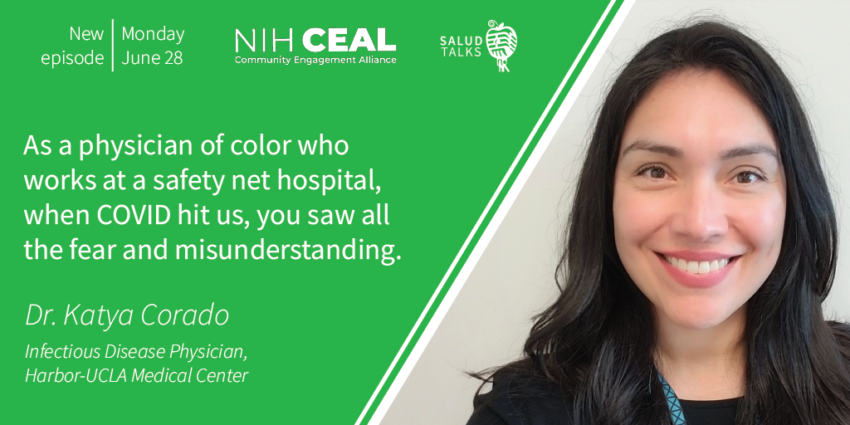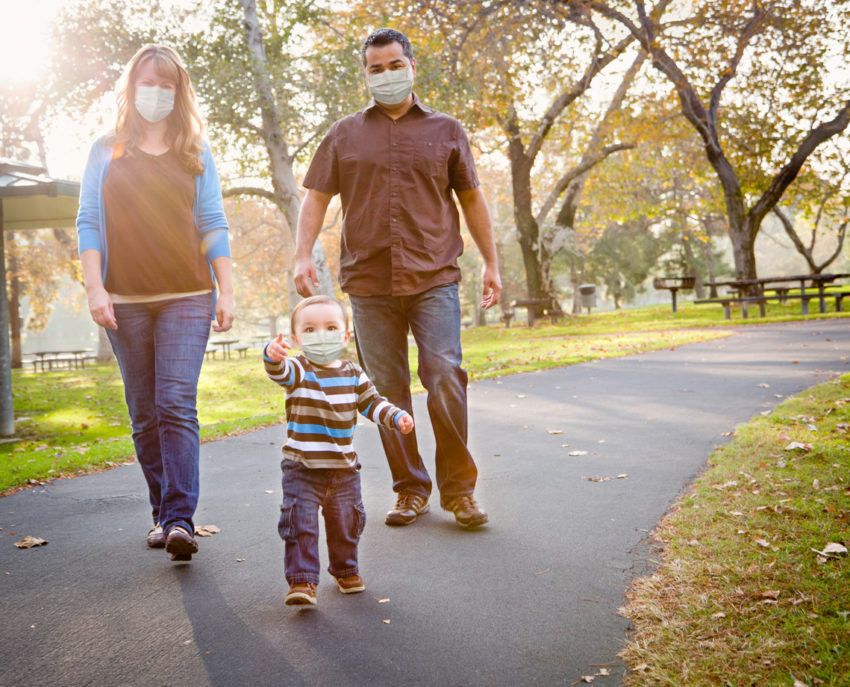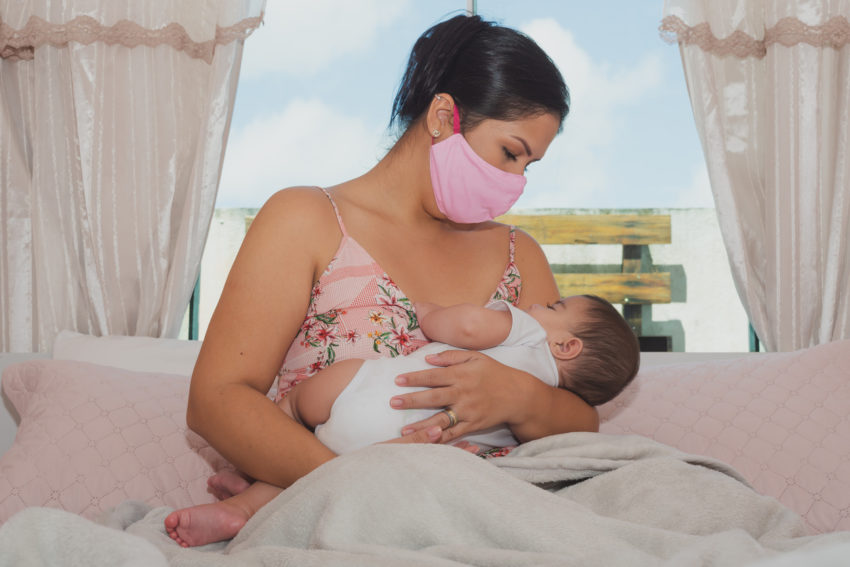Salud Talks Podcast Episode 36: “Understanding COVID-19, Part 2; Distribution of a Safe Vaccine”
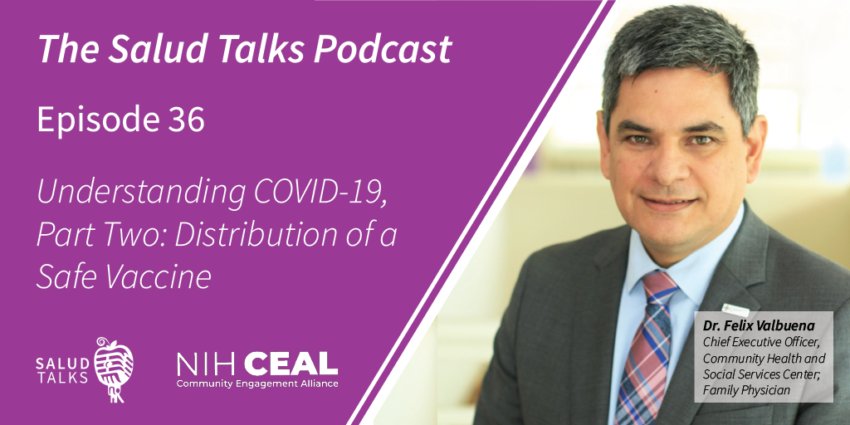
Recently, experts from the National Institutes of Health joined our Salud Talks podcast to discuss the COVID-19 vaccine and the “scientific pathway” that ensures safety for those who receive such treatment. Now we’re talking all about the design of vaccine clinical trials and how they’re conducted. Listen to the Salud Talks Podcast, Episode 36: “Understanding COVID-19, Part 2; Distribution of a Safe Vaccine,” as we dive into how researchers bring scientific discoveries, like COVID-19 treatments and vaccines, to their patients in everyday practice! WHAT: A #SaludTalks discussion about the COVID-19 vaccine and its distribution. We also discuss why people choose to take part in clinical trials and partner with researchers to share their unique, lived experiences to ...
Read More
